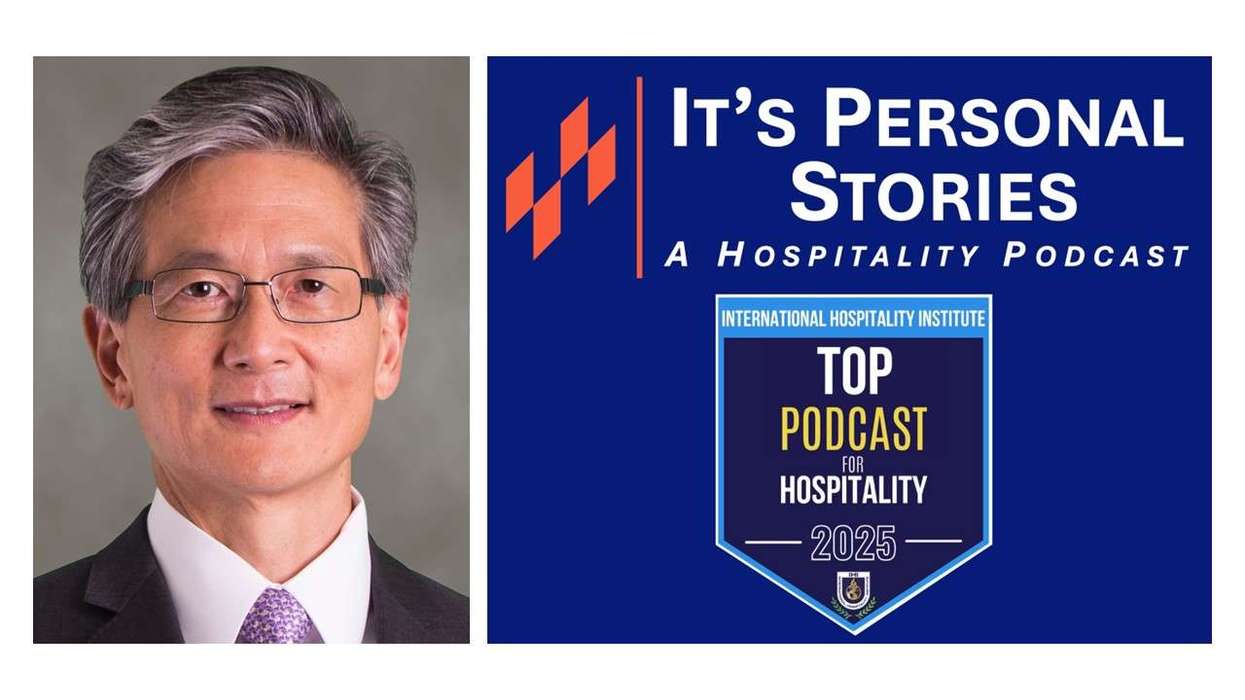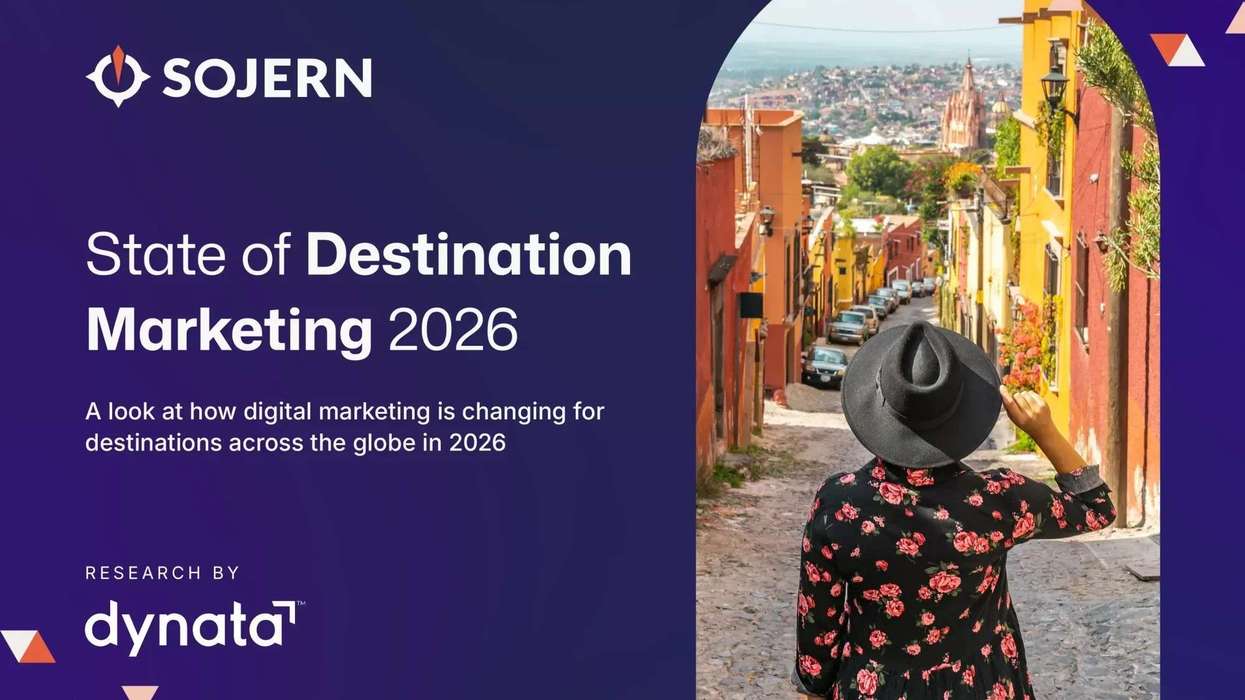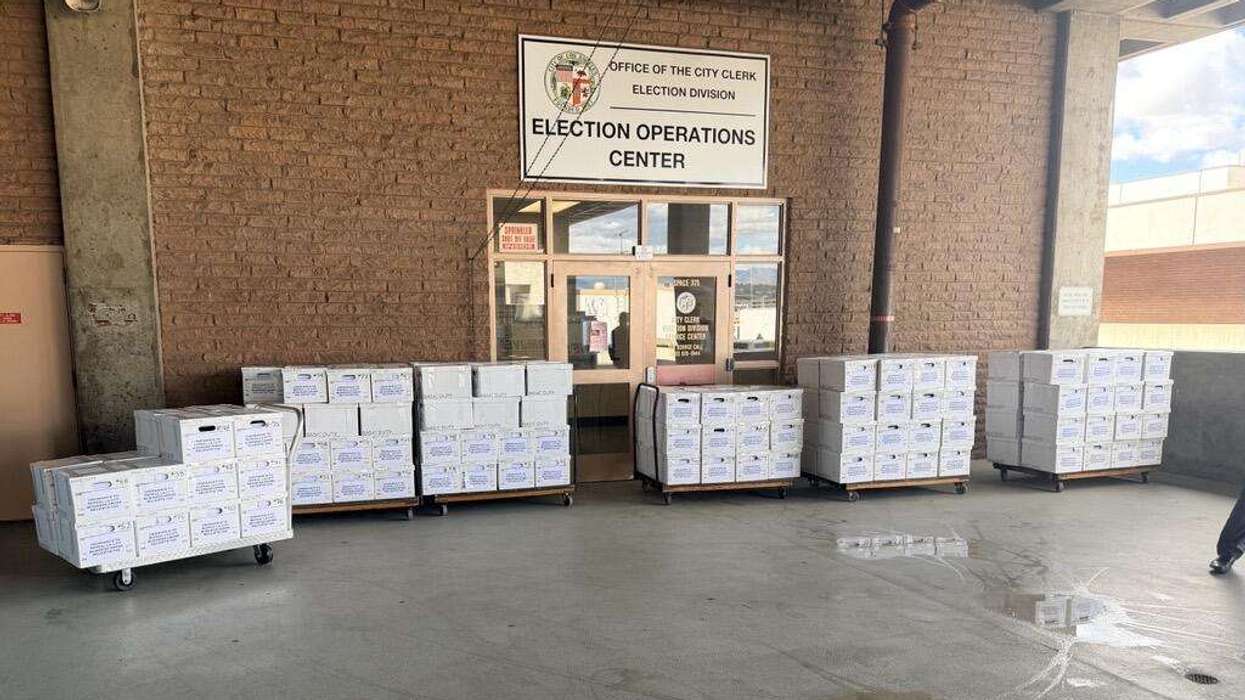THE COVID-19 PANDEMIC has now done more damage to the travel industry than the Sept. 11 terror attacks, according to the U.S. Travel Association. And, if more federal aid isn’t approved soon, the association says, it’s going to get worse.
Since the beginning of the economic crisis, travel industry jobs have made up a third of the jobs lost, according to USTA and the analytics firm Tourism Economics. The total impact is nine times greater than 9/11.
Who’s feeling the pain?
Low occupancy rates have forced The Silver Vista Group in San Jose, California, to close one of its three hotels and to implement strong cost saving measures at the other two, said Samina “Sam” Sharp, principal at the company.
“At the open properties, we're trying to give employees more hours by reducing our dependence on vendors,” Sharp said. “For example, occupancy is low, so there are not enough rooms to clean. We don't want to cut the housekeeper's hours, so we have her do the laundry that we used to send to a linen service.”
Some of the changes will continue after the current crisis is past, she said. For example, they found that some salaries at one hotel were too high, forcing them to lay off employees there to keep the doors open.
“Our intent is to give those employees an opportunity to come back but at wages that are reflective of industry standards,” Sharp said. “Before I took that 57-unit hotel over, front desk agents were making $50,000 a year and in most markets that is a general manager’s salary. Things have to change in order for us to adapt to market conditions.”
Travel declines will lead to the loss of 8 million jobs out of approximately 24 million for the entire U.S., according to USTA, and travel spending could go down by $1 trillion by the end of the year. USTA and Tourism Economics also reported that overall travel spending plunged to $2.9 billion last week, an 85 percent drop since the first week of March and 87 percent lower than the same week in 2019.
Also, 90 percent of travelers surveyed by MMGY Travel Intelligence had some type of travel or travel-related activity planned prior to the COVID-19 outbreak but 80 percent either canceled or postponed those plans.
What to do
The situation shows a need for increases in the Coronavirus Aid, Relief, & Economic Security Act, said Roger Dow, USTA president and CEO.
“The CARES Act was a good start, but the data shows there is still extreme and mounting pain in the American travel industry,” Dow said. “We’re appealing for fixes, the addition of more relief, faster rules, and greater flexibility.”
Dow cited the fact that funding in the CARES Act for the Paycheck Protection Program, which provides loans for small businesses so they can keep employees on the payroll, was depleted last week.
“The relief program needs to fit the crisis, and we’re still learning the magnitude and intricacies of this particular crisis,” he said.
USTA has already made several suggestions to Congress for changes in the CARES Act, including appropriating another $600 billion for the PPP.
Along with improvements to the CARES Act, USTA has suggested taking several steps, beginning in June, to mitigate the industry’s downturn. They include reopening travel businesses on a region-by-region basis, enhancing traveler safety and implementing a series of marketing campaigns to encourage travel by low-risk U.S. residents. Those steps could reduce the amount of loss from $519 billion to $401 billion.
Meanwhile, Sharp is making preparations for an eventual recovery from the pandemic, including doing deep cleanings at its properties and putting in place best practices to improve sanitation.
“We are also using this time to invest in training and educating ourselves about what guests want from us,” she said. “We have stayed in touch with many guests via text and email, just keeping them informed about what we are doing to protect them as we do for employees.”





